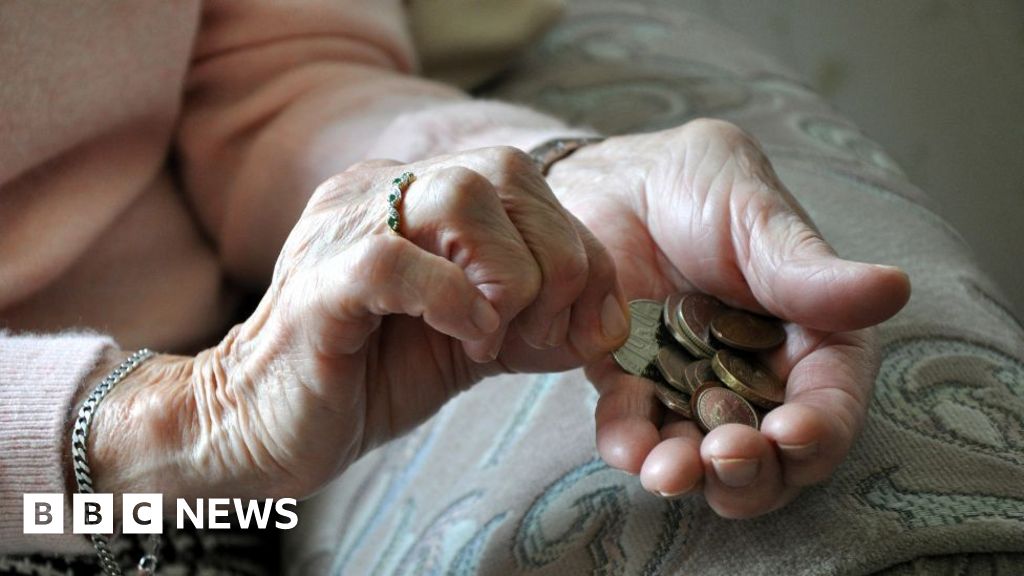Bussiness
Regulations causing spike in mental health problems in Scottish tourism sector – Scottish Business News

The Scottish self-catering industry has highlighted the lived experience of their members across the country with shocking new survey results.
A membership survey conducted by the Association of Scotland’s Self-Caterers (ASSC) shows that the Scottish Government’s short-term let regulations are causing a mental health crisis amongst small business owners.
In October 2024, around 450 operators were questioned by the trade body in an online survey as it continues to gather evidence around the impact of STL regulations.
Around one-in-ten (11%) respondents said they had experienced no mental health issues as a consequence of regulatory changes. Incredibly, this figure drops to 0% in Edinburgh where the most stringent STL controls can be found.
The overwhelming sentiment is that the regulations have created financial strain, as well as increased anxiety and uncertainty, with sectoral discontent abundantly clear.
In terms of the key findings:
- Across Scotland, over two-thirds (68%) had either experienced a ‘negative’ or ‘extremely negative’ impact on their mental health and wellbeing from recent regulatory changes;
- This was particularly acute in Edinburgh where around 90% of operators had seen a negative or extremely negative impact;
- Edinburgh also had the highest number of extremely negative responses (46%);
- Nearly two-thirds (63%) of operators in the Highlands saw their mental health impacted; and
- The equivalent figures for those in Perth and Kinross was 56% and in Argyll and Bute it was 72%.
The professional and personal strain is taking its toll. Several respondents highlighted the emotional toll, such as sleeplessness, anxiety, stress-related health issues, and feelings of helplessness, especially with the uncertainty of future income and business viability. Many respondents also mentioned the high cost of compliance, administrative burdens, and delays in licensing applications, particularly for those relying on self-catering as their primary income.
These disturbing findings come as BiGGAR Economics published their independent analysis of the sector in Edinburgh. This showed it generated £154m in GVA and supported 5,580 jobs in 2023, while only having a negligible impact on housing with empty homes far outstripping the numbers of STLs.
Conscious to the issues facing small and micro businesses, the industry has attempted to work with national and local government to address the outstanding challenges to the regulatory framework but often to no avail. The ASSC has offered short-term let recommendations to policymakers as far back as 2019 to strike the right balance and protect Scotland’s self-catering industry and the thousands of jobs it supports in local communities.
Fiona Campbell, CEO of the Association of Scotland’s Self-Caterers, commented:
“Running a small business can be a rewarding experience but the last few years have been gruelling with the pandemic and cost of living crisis bearing down on everyone.
What is causing particular anguish is the ominous threat that livelihoods will be snatched away due to heavy-handed government regulation, especially with the conflation of licensing and planning requirements.
Our survey highlights widespread concern amongst Scotland’s self-catering sector, with a clear negative impact on mental health due to recent regulatory changes. Well-managed short-term lets can easily coexist within communities while contributing meaningfully to local employment and the economy.
It has to be remembered that the very same individuals under the cosh have dedicated their working lives to ensuring Scotland remains a welcoming and leading destination. Quite frankly, they deserve much better.”










